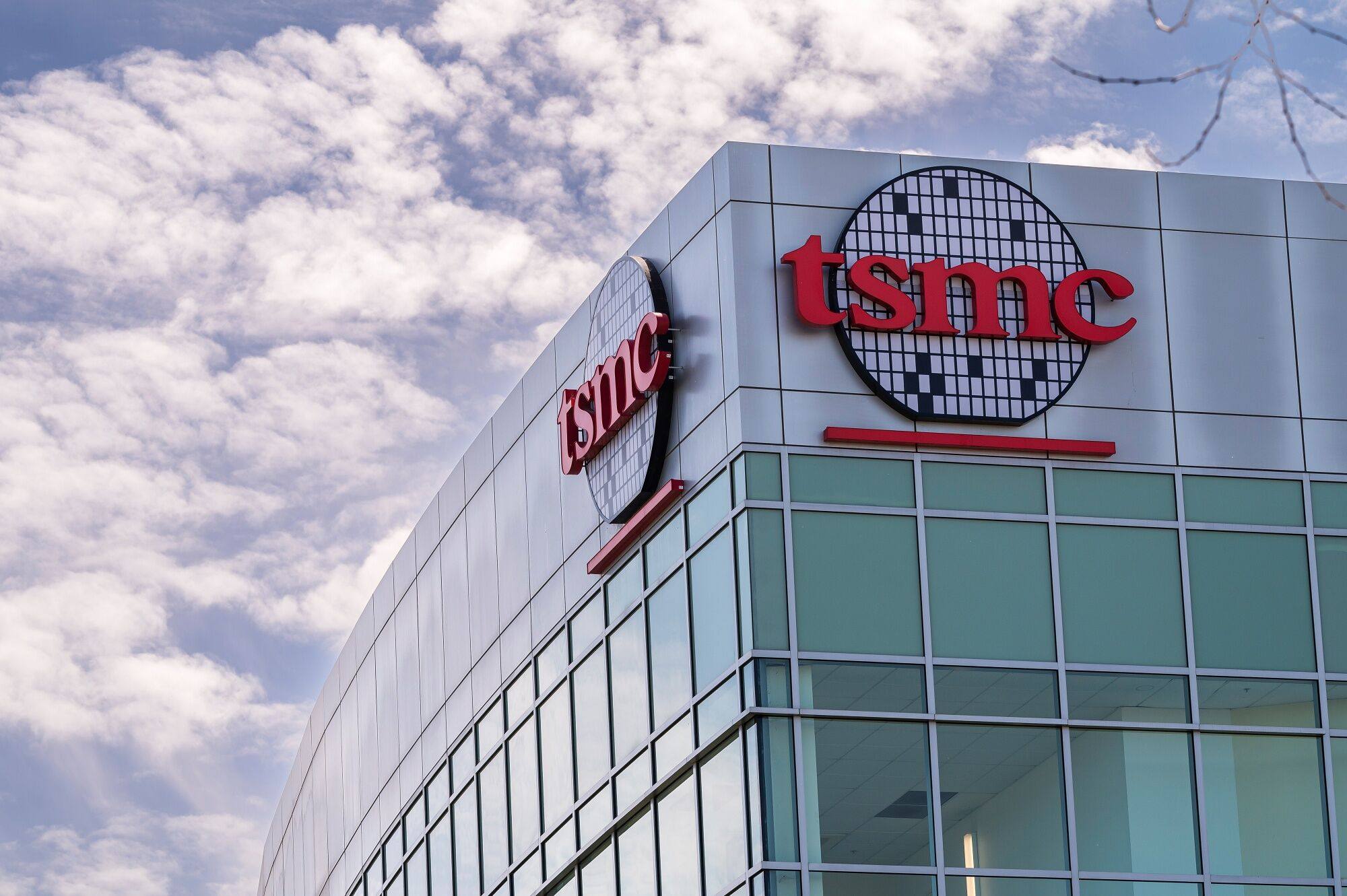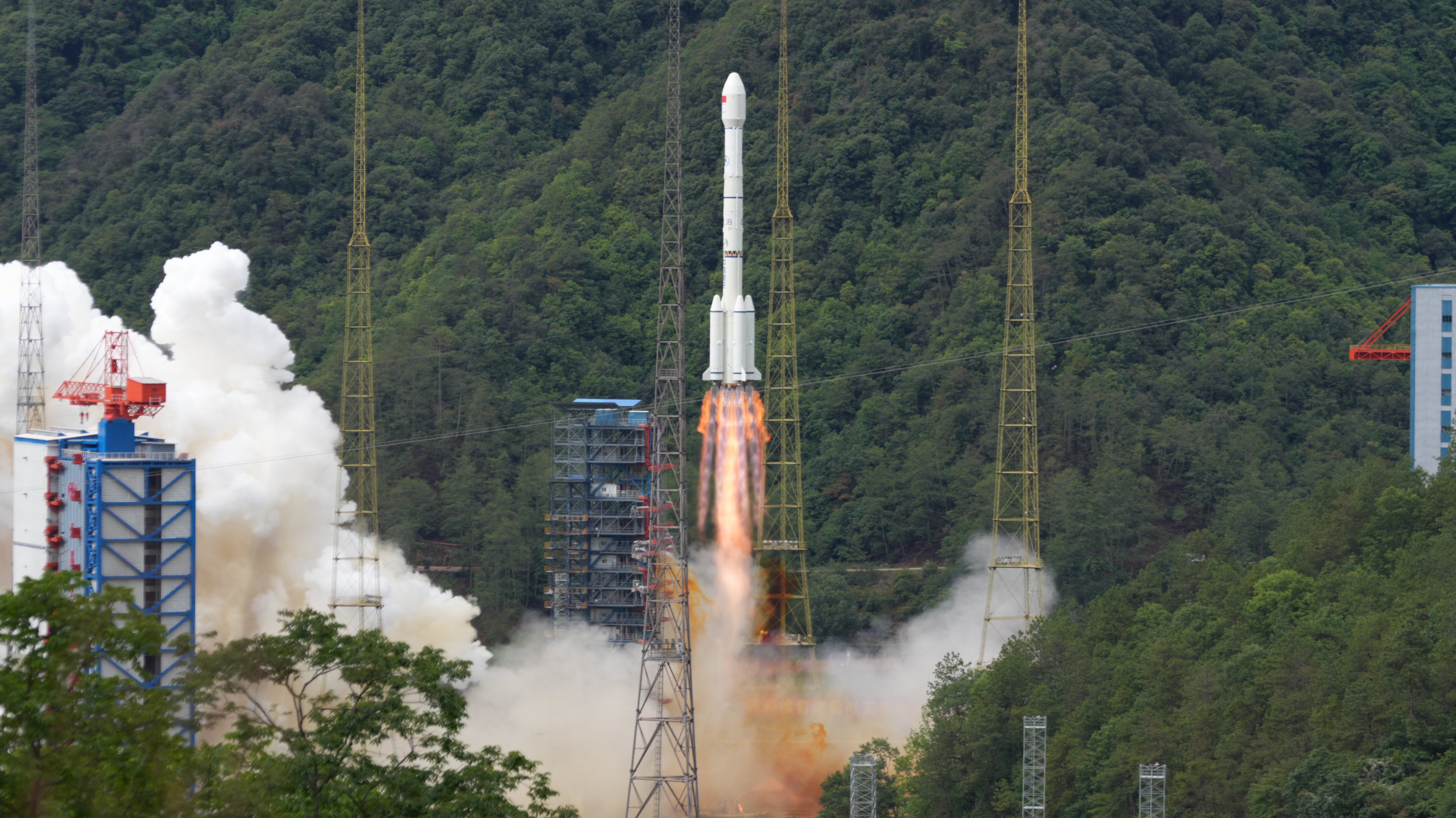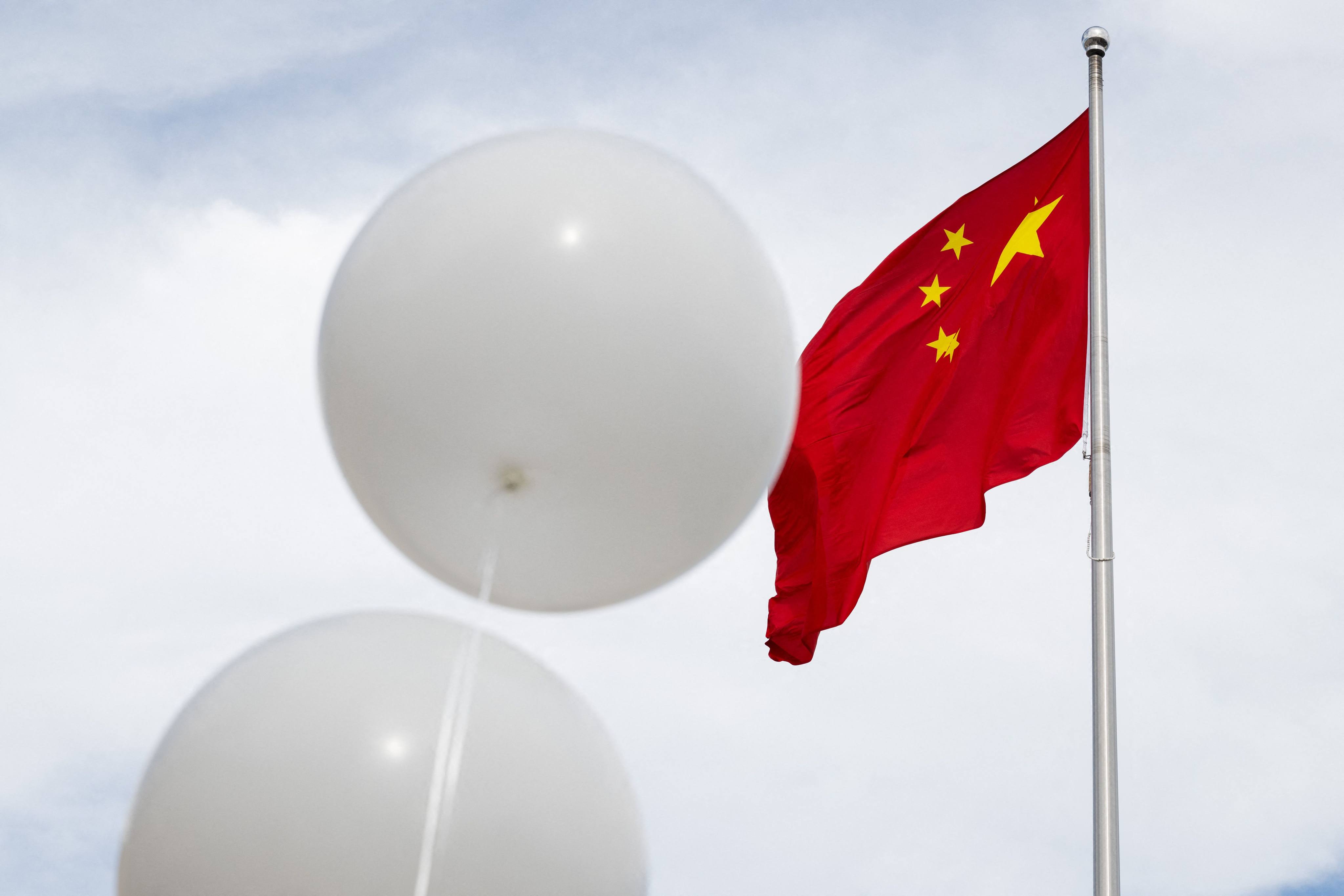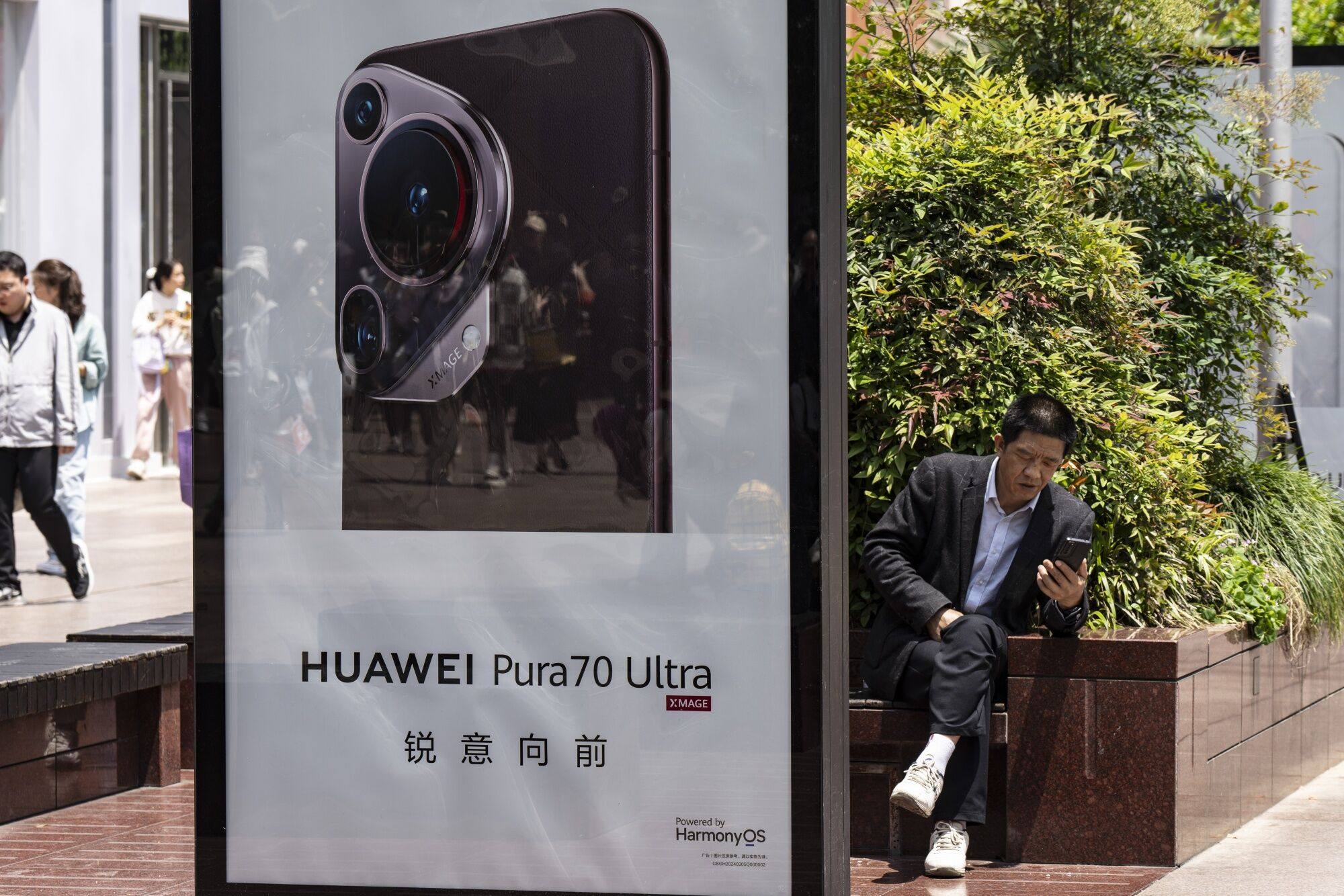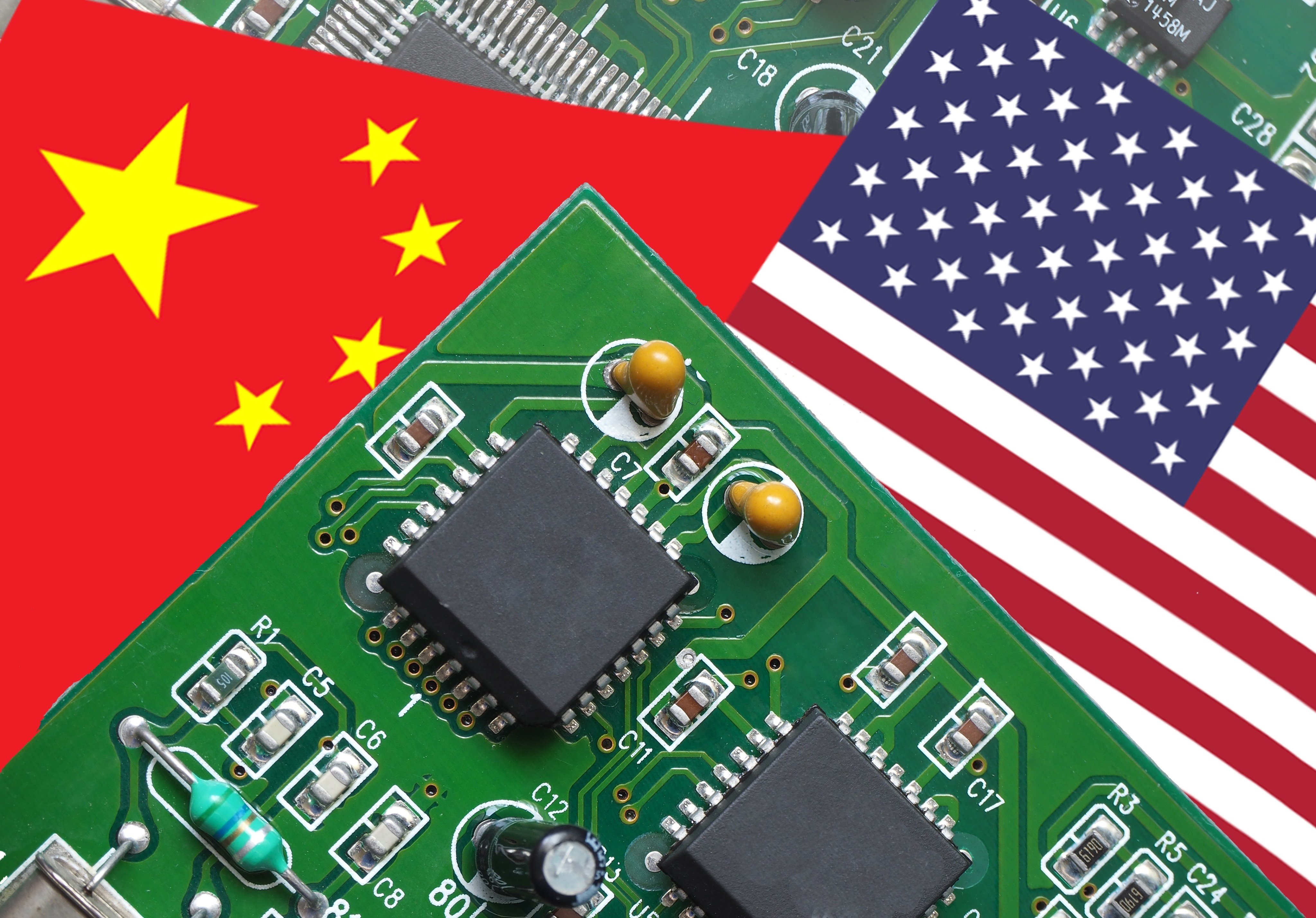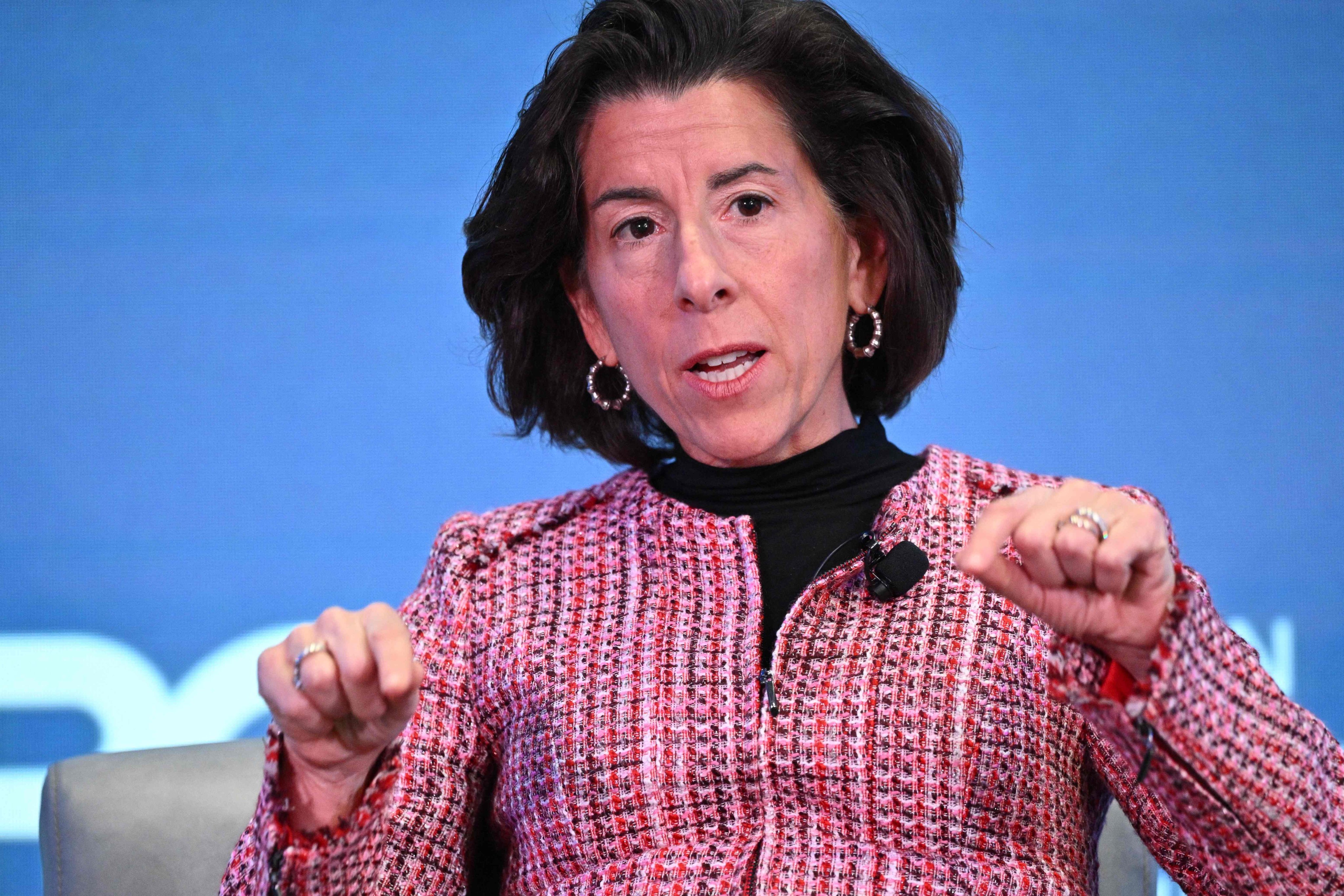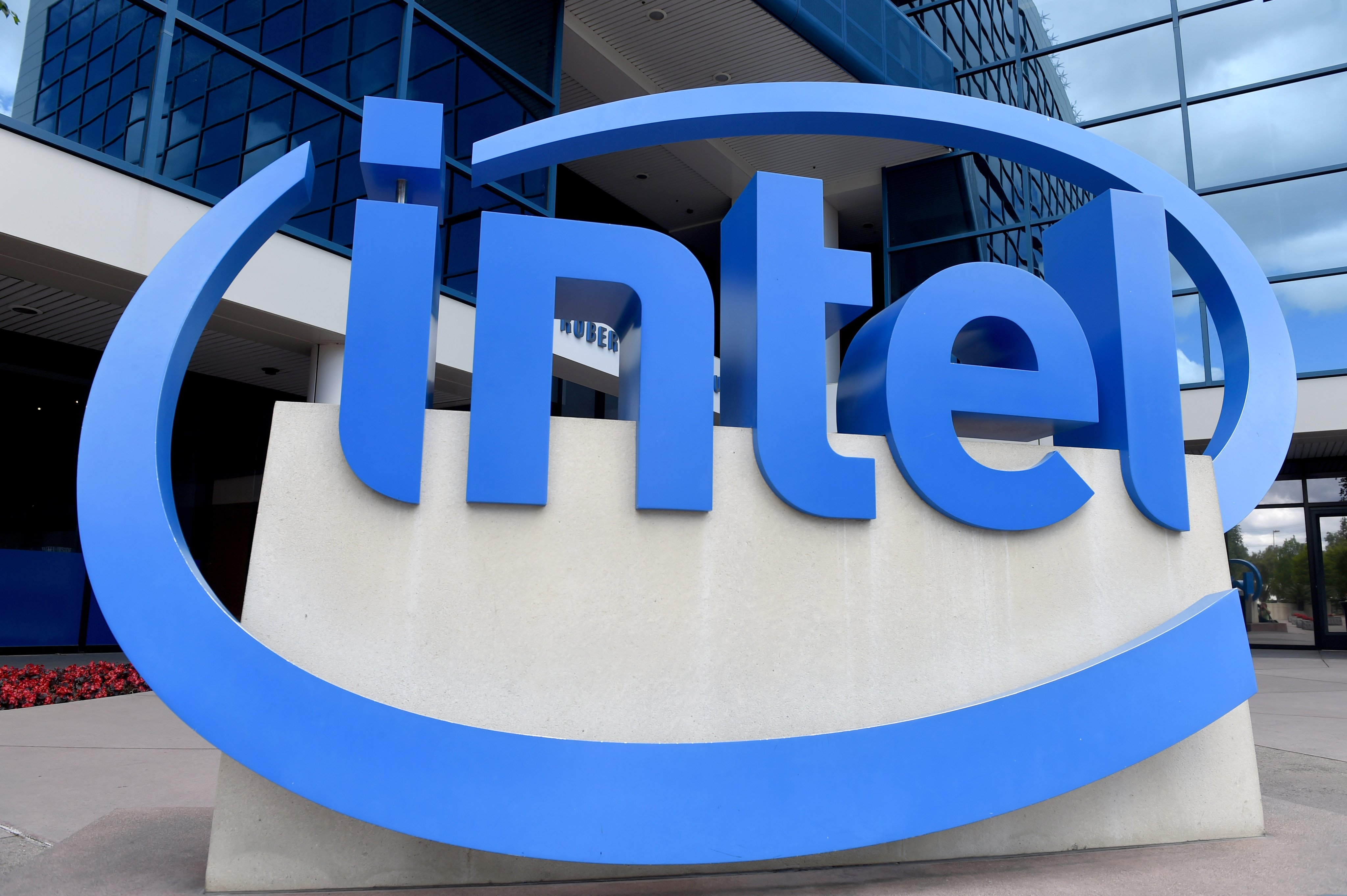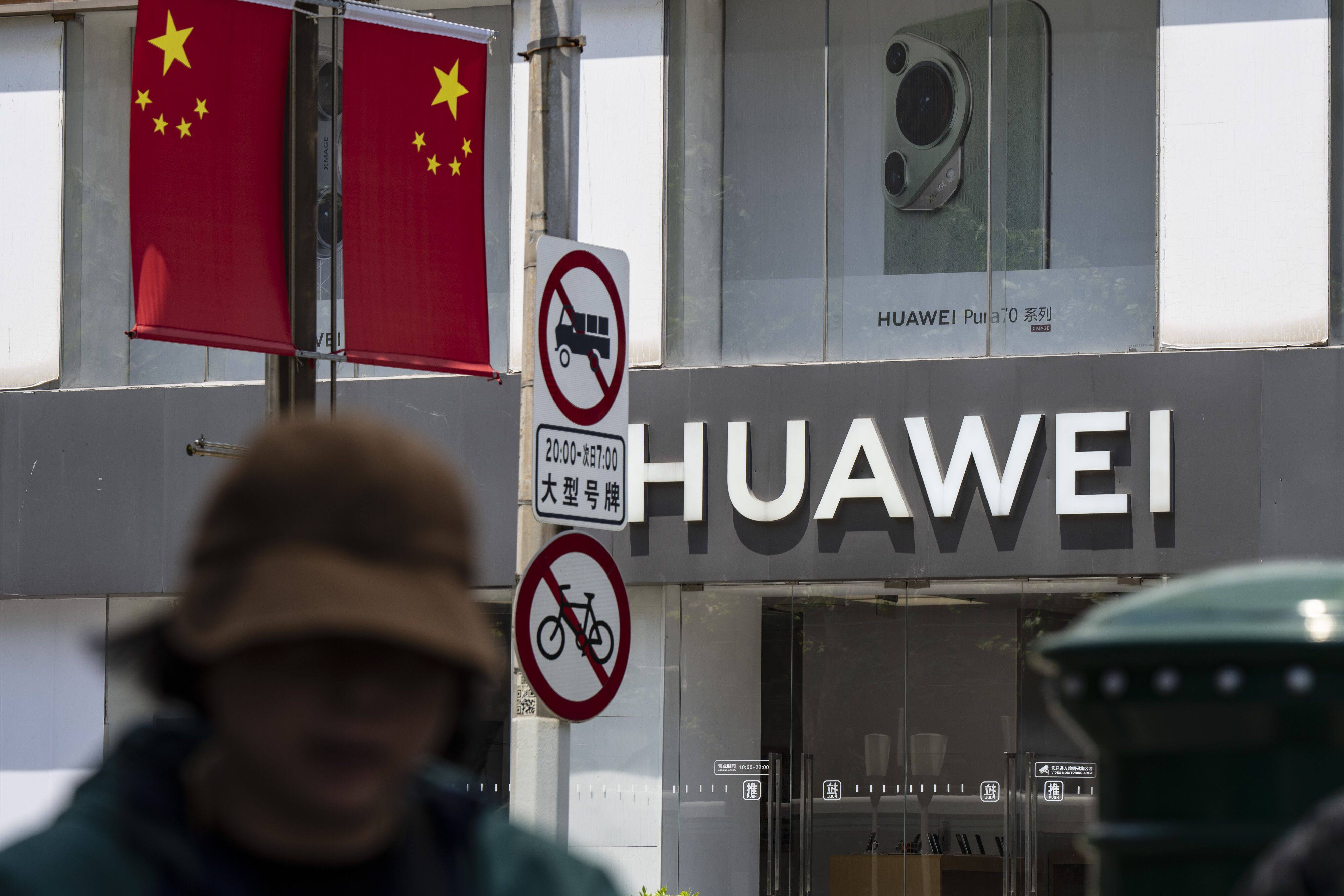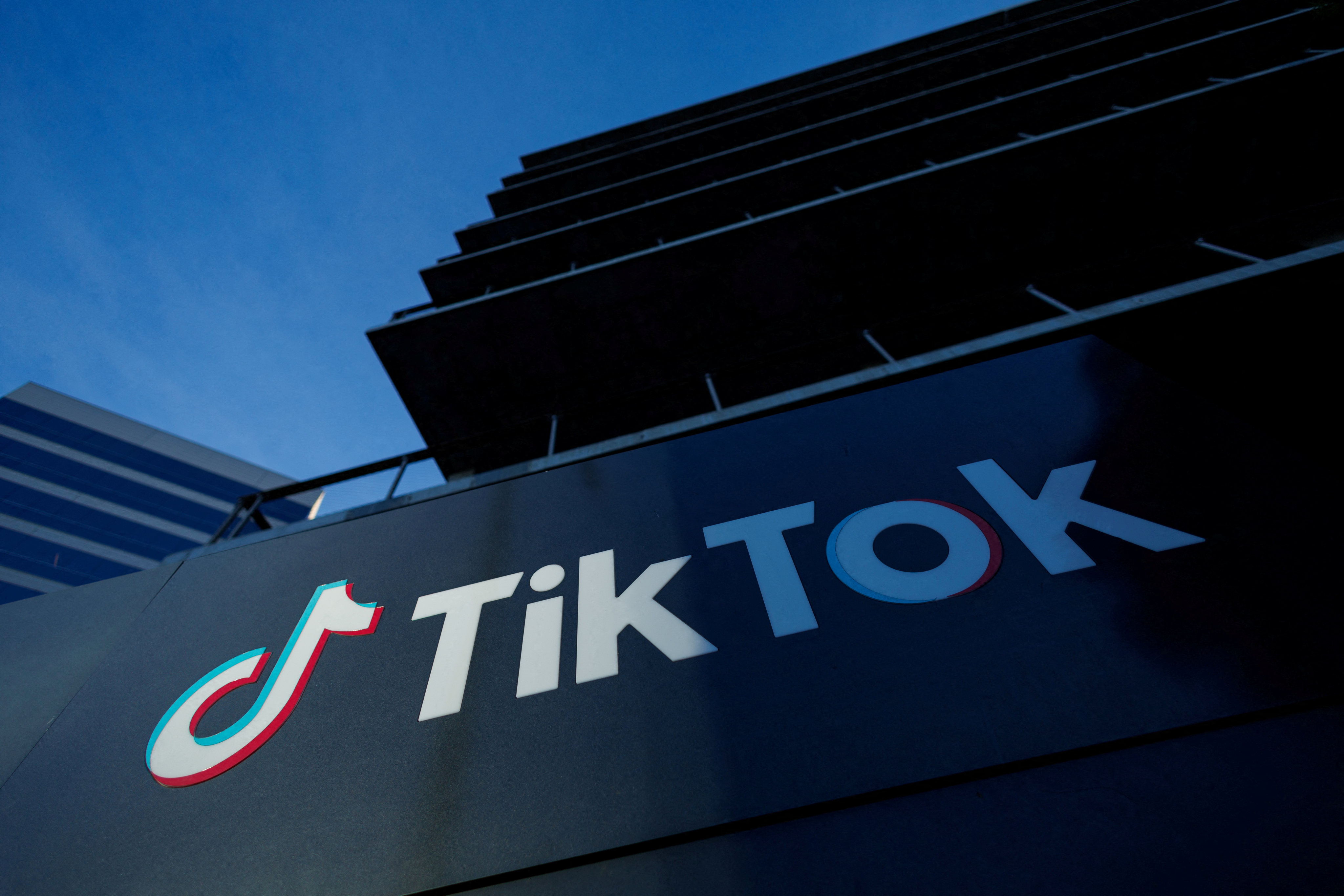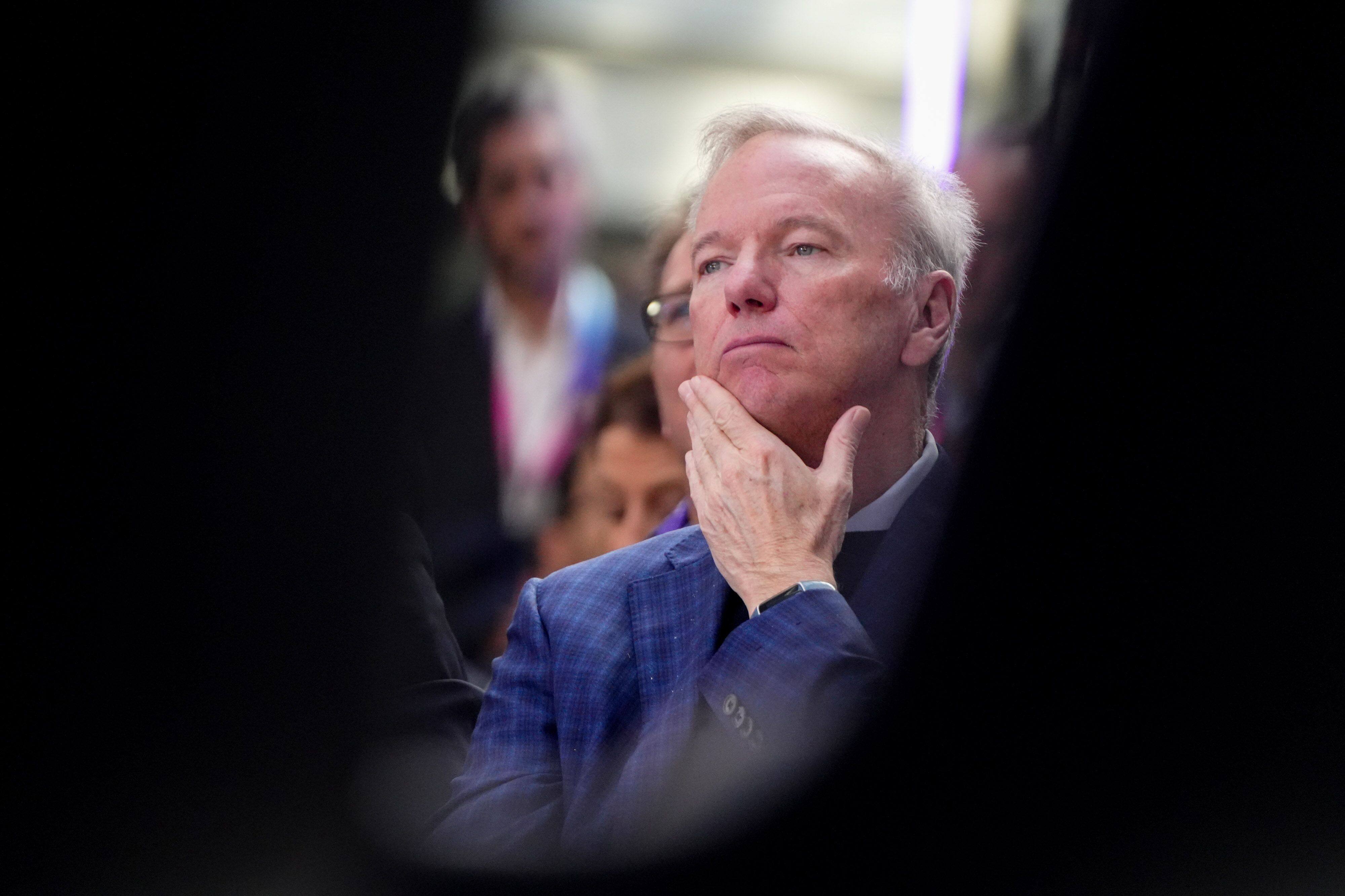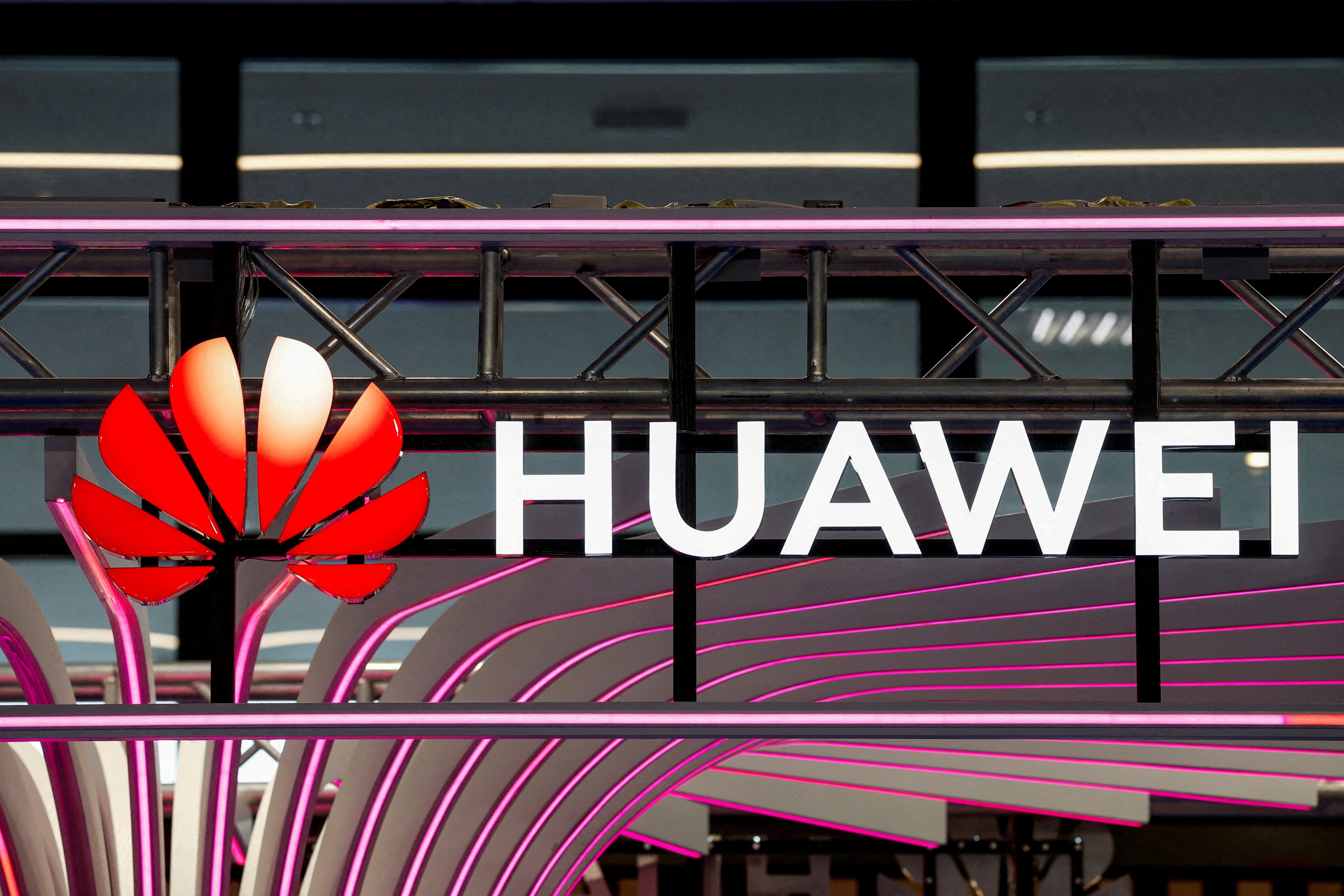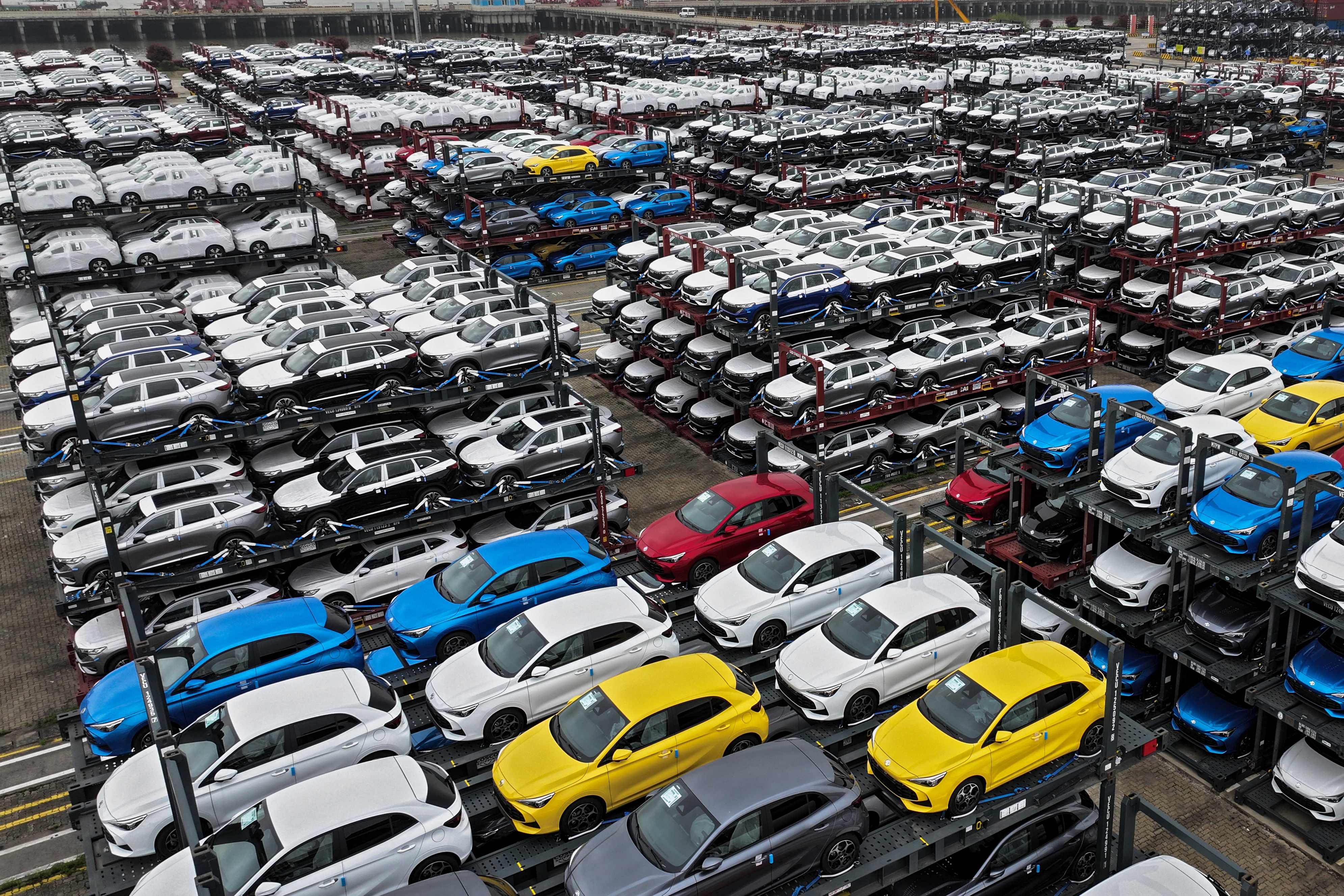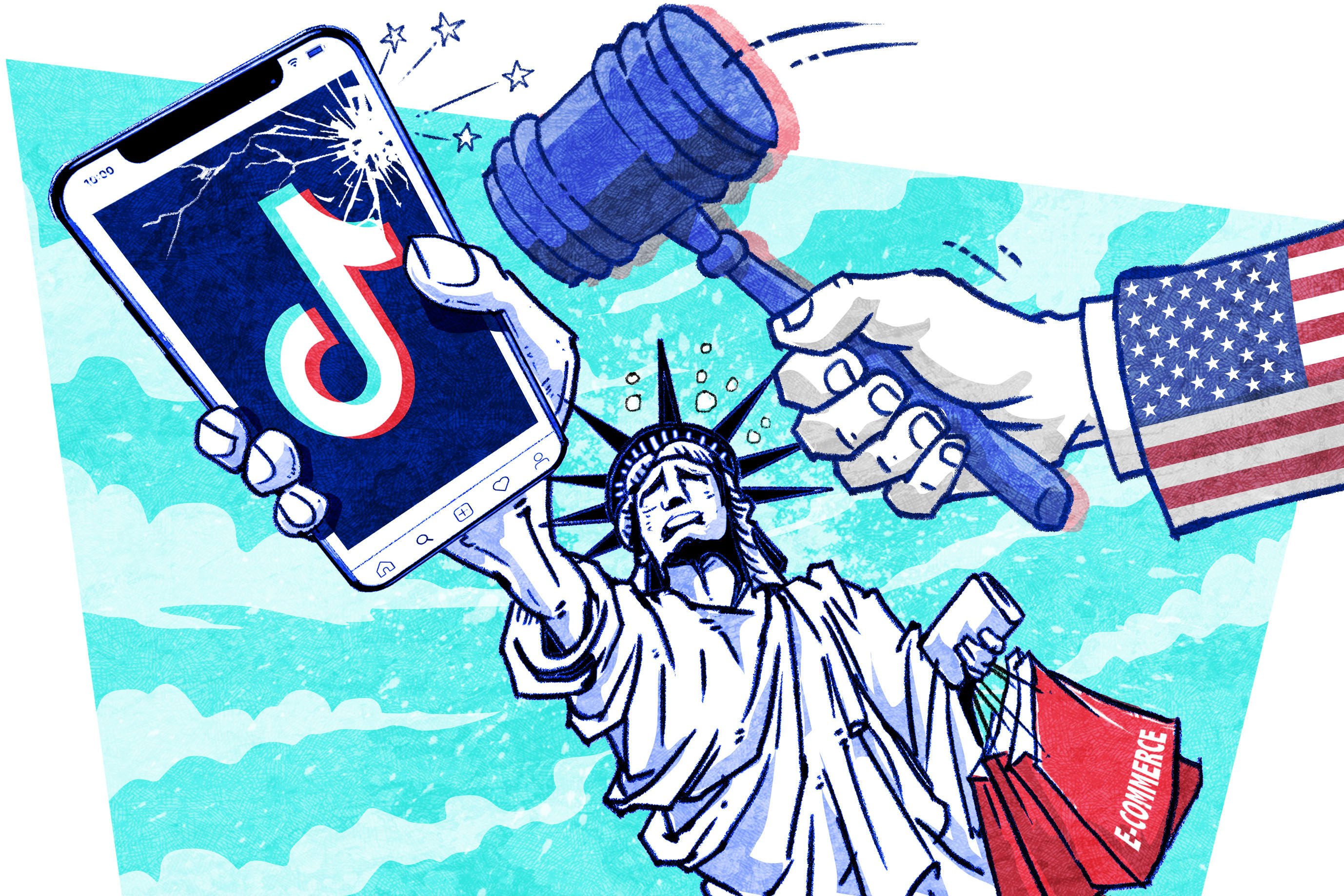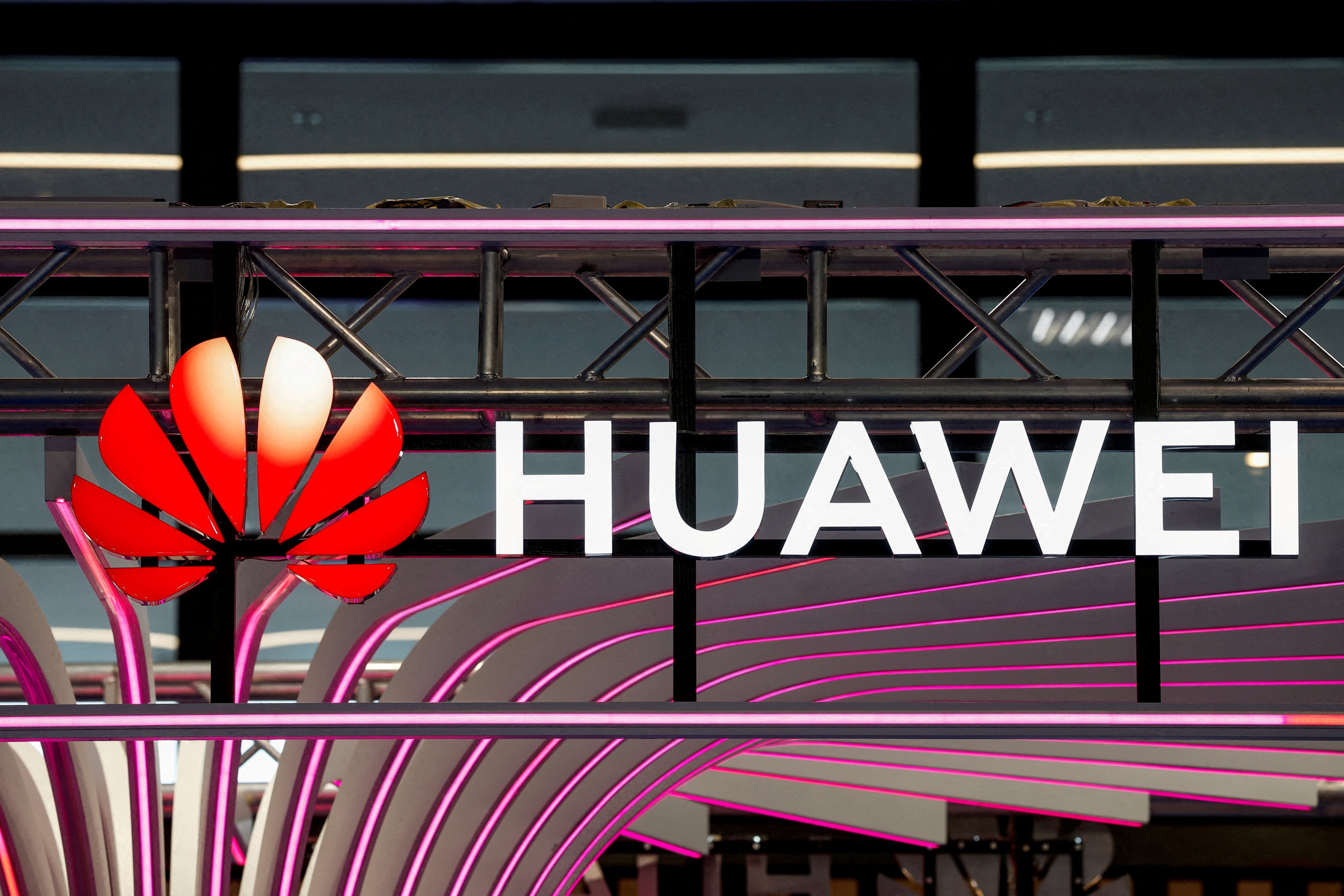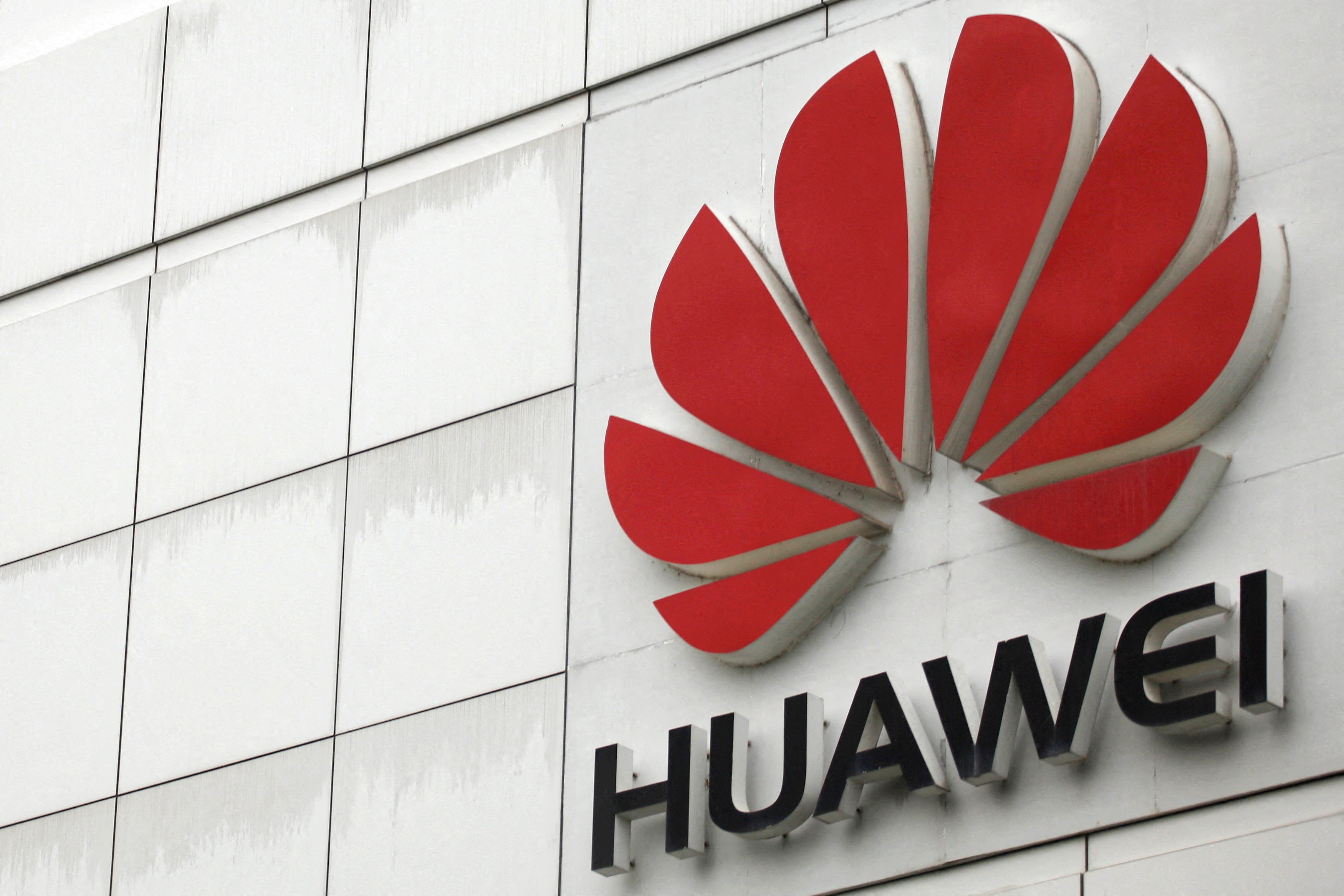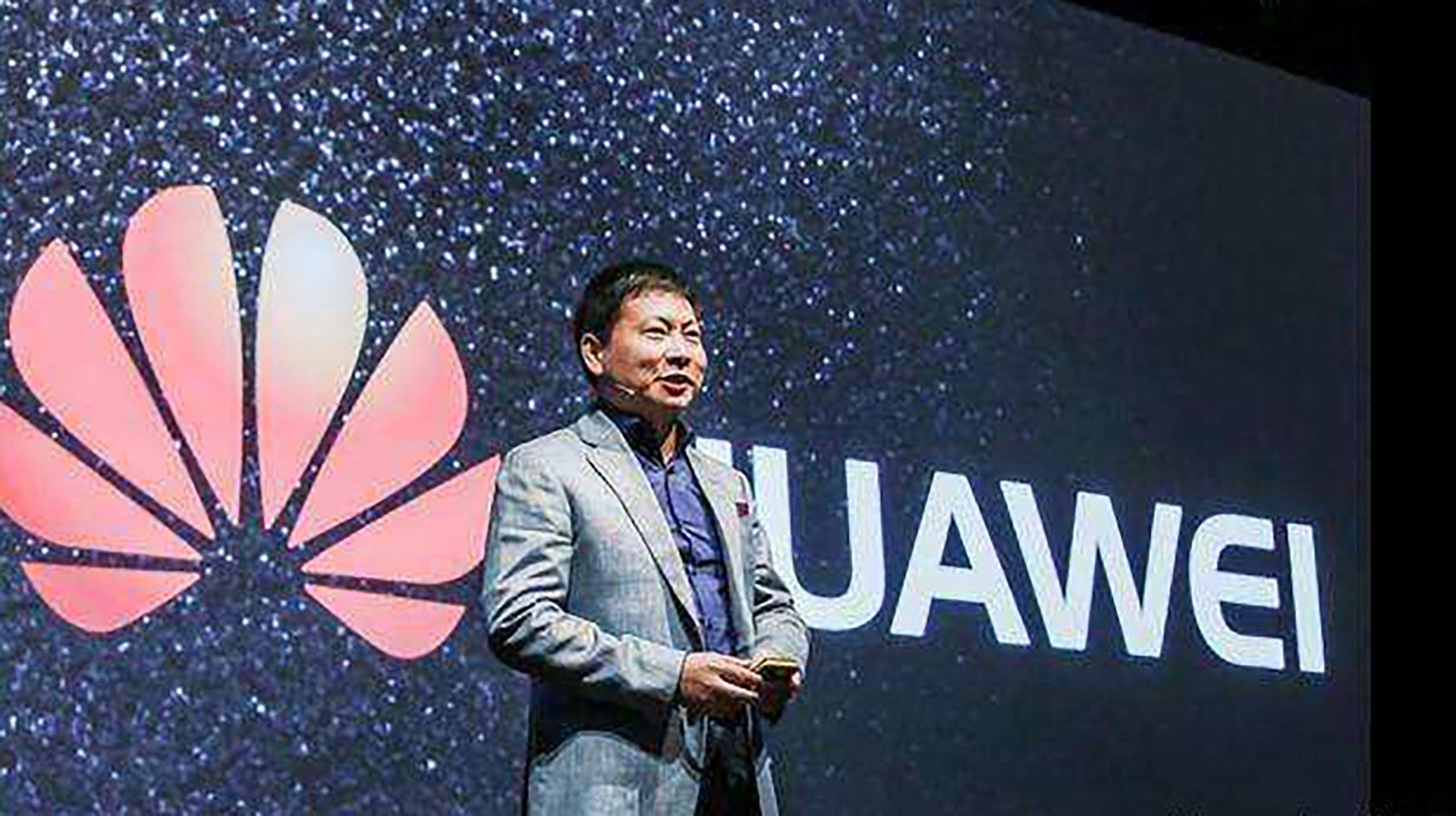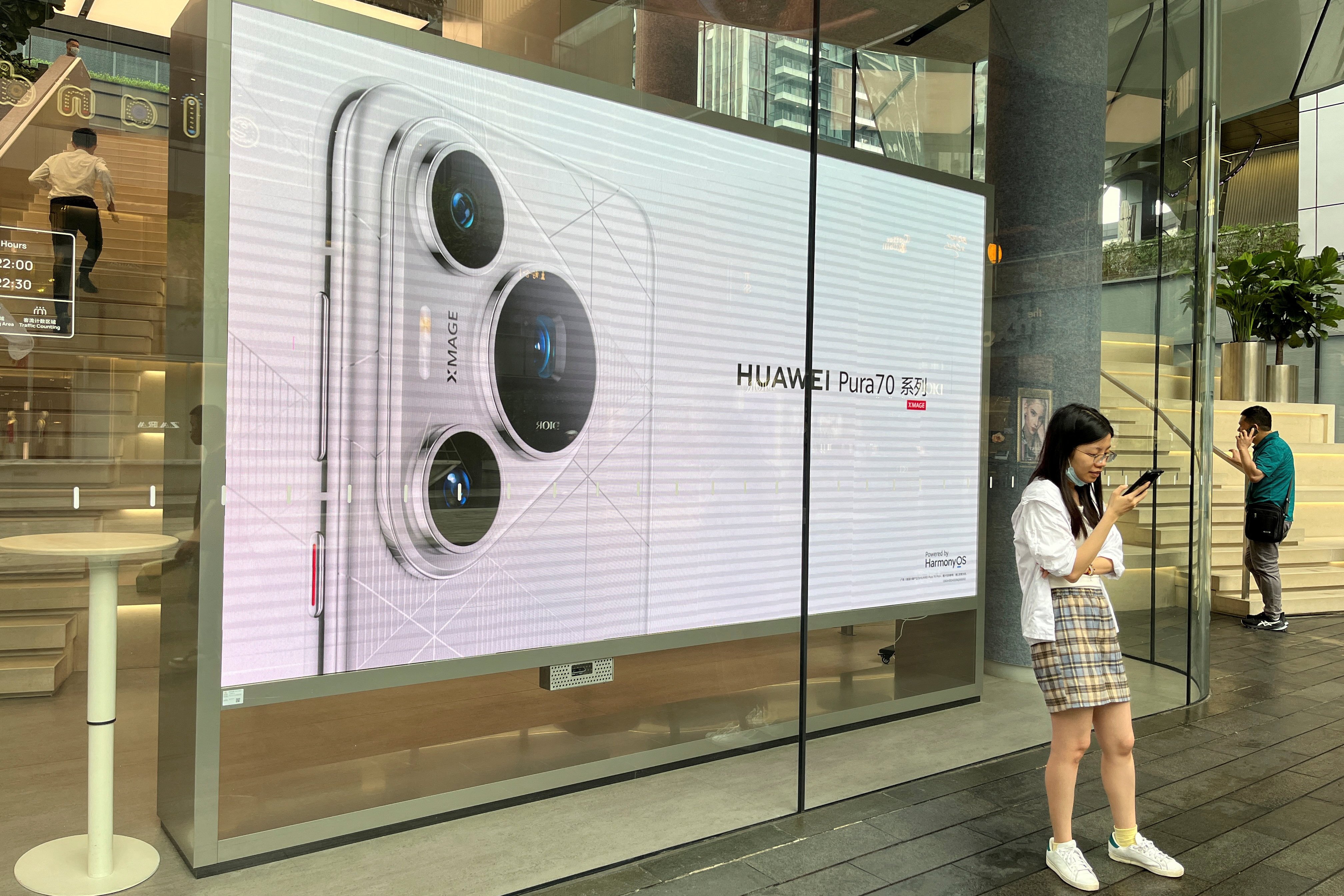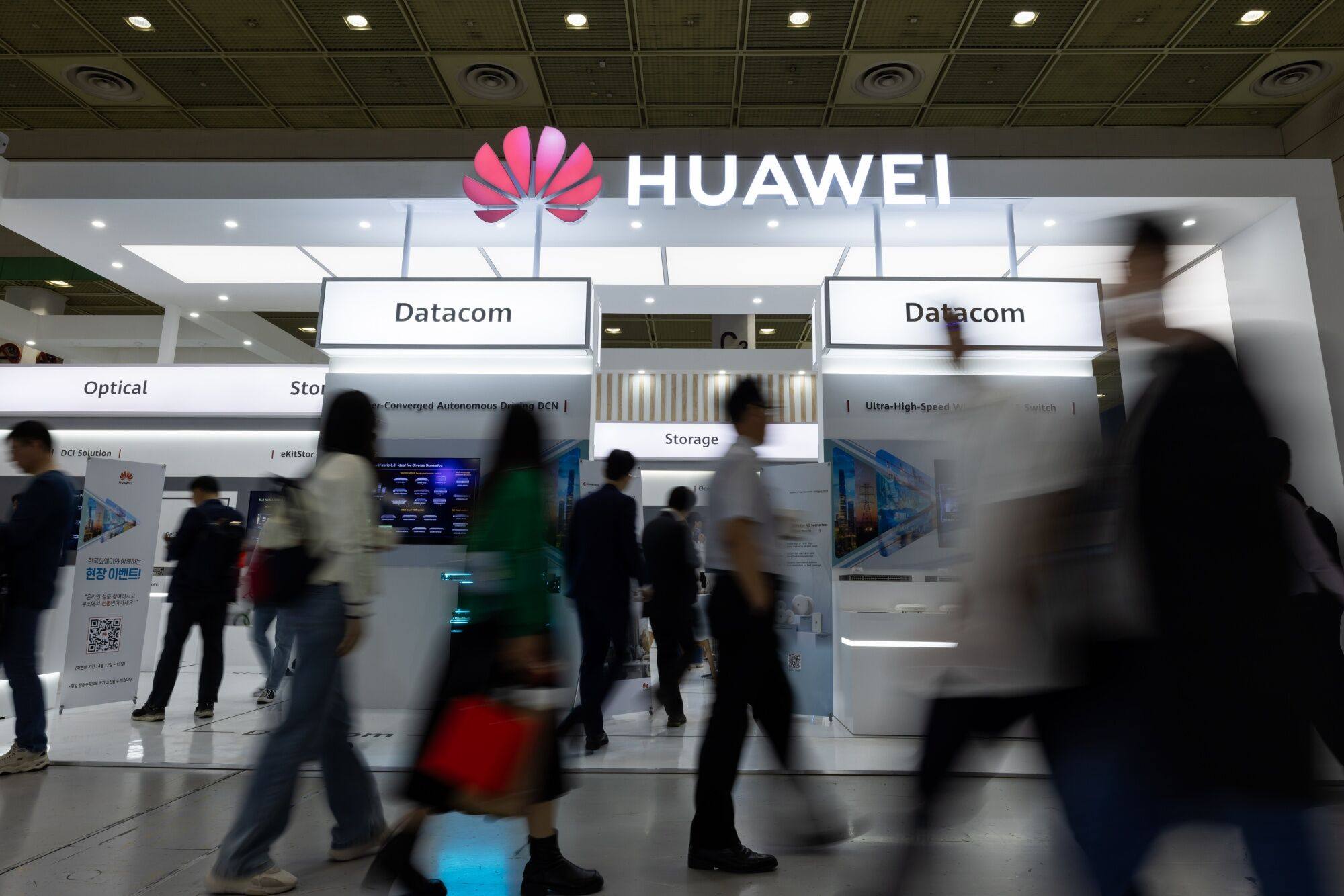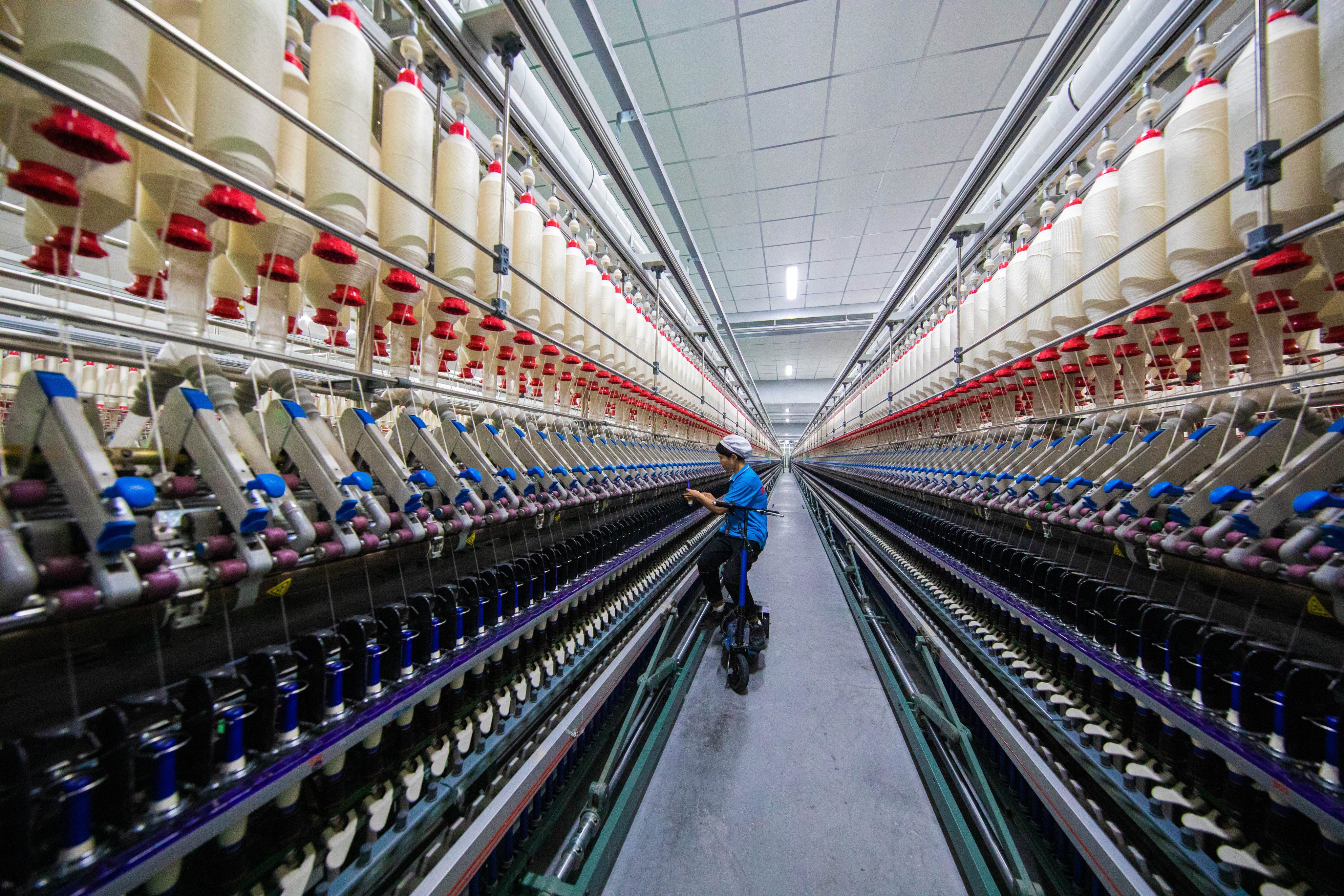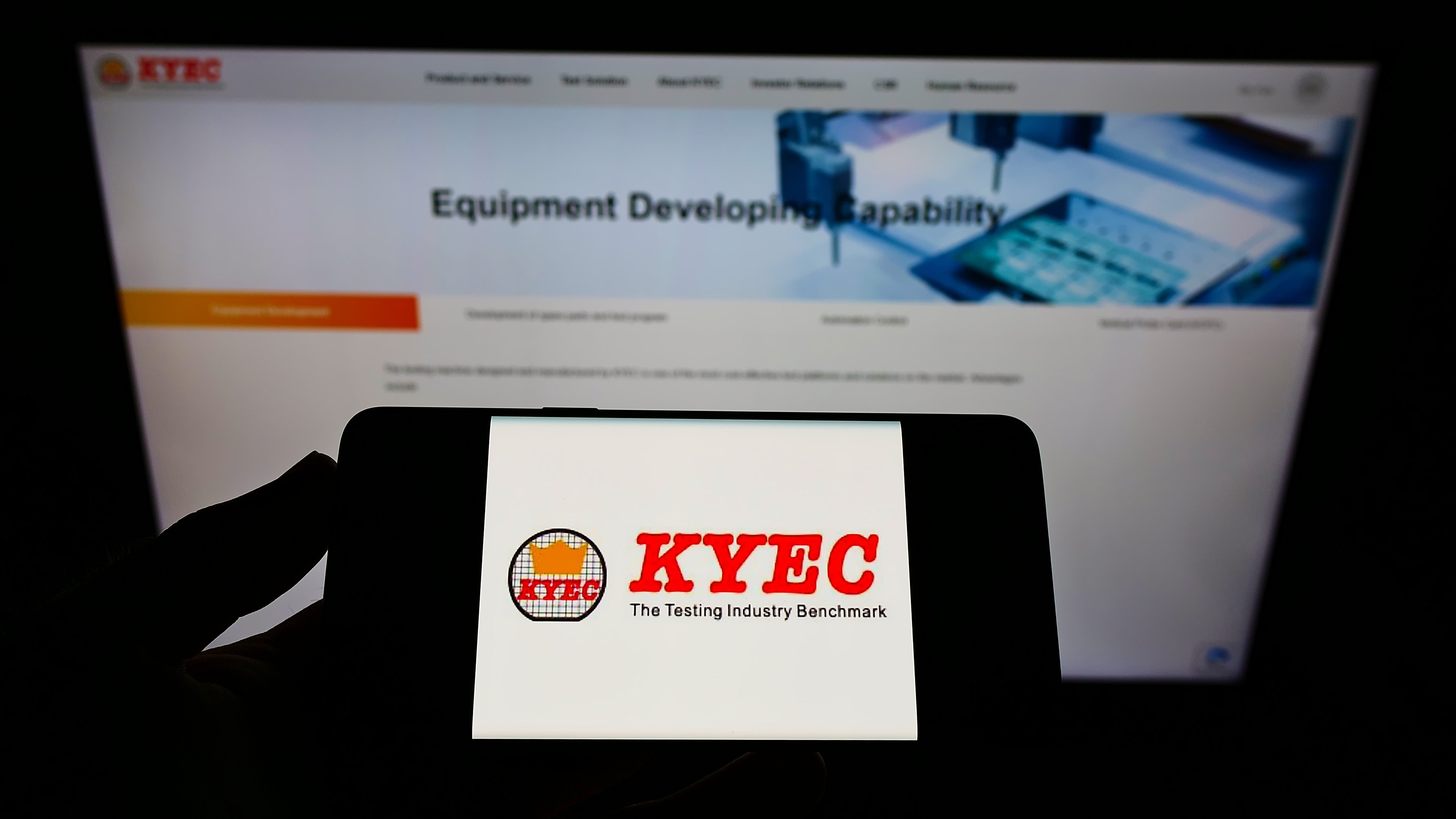
Topic

The US and China are competing for supremacy in the suite of advanced technologies that will affect the means of future economic production. US efforts to curtail China's access to American technology are threatening to unravel decades of globalisation and interdependent supply chains and raising the risk of a confrontation that has been likened to a new cold war.
- The US would grow its global share of advanced chips to 28 per cent by 2032, while mainland China is expected to account for just 2 per cent
- China achieved a three-fold increase in wafer fab capacity between 2012 and 2022, while the US only expanded capacity 11 per cent in the same period
A project to mine gallium in a national forest would help reduce US reliance on China but it faces local opposition from conservationists.
A space technology alliance has been formed in China by universities, rocket makers and chip companies to help commercialise a sector deemed ‘a new growth engine’ by Beijing.
Other entities were added to the list for allegedly trying to obtain US quantum technology for China, or for seeking US parts for military drones.
The popular social media platform has started to invite merchants for a beta run of TikTok Shop in Mexico, France, Germany, Italy and Spain.
Huawei’s latest high-end smartphone features more Chinese suppliers, including a new flash memory chip and an improved processor, a teardown analysis showed.
China’s strengthened push to use RISC-V, an open-source chip-design architecture, is facing new risks amid scrutiny by the US and Google’s move to stop supporting it on Android.
American vulnerability to Chinese overcapacity also a concern being tackled, Commerce Secretary Gina Raimondo tells key House Appropriations committee.
On Tuesday, the US revoked licenses allowing Huawei, a Chinese telecommunications giant blacklisted by the US, to buy semiconductors from Intel and rival Qualcomm Inc.
Further restrictions on access to Intel and Qualcomm chips would pose challenges to Huawei’s PC business, which has been gaining ground in the China market.
Xinhua, China Daily and others ran articles on Wednesday supporting TikTok and ByteDance’s lawsuit against the US government.
Alat CEO Amit Midha said the only request so far has been to keep supply chains separate, but it would divest if asked because the ‘US is the number one partner for us’.
Eric Schmidt, the former chief executive of Google, said he had explored a possible purchase of TikTok, but has moved on from the idea of trying to acquire the video-sharing app from its Chinese owners.
The move comes after the tech giant released its first AI-enabled laptop, powered by a new Intel processor.
Lemon8 has been the most downloaded lifestyle app on Apple ’s App Store in the US since April 7, ahead of Pinterest and dating platform Tinder.
China’s overseas vehicle shipments are set to grow at a clip this year, bolstered by surging sales in markets like Southeast Asia and the Middle East, as the country’s heft in manufacturing electric cars goes from strength to strength.
In the face of a potential ban of TikTok in the US, Chinese merchants selling on the platform are preparing for the worst.
Huawei is the sole funder of a research competition that has attracted hundreds of proposals from scientists, including those at top US universities.
Silicon Valley giants including Microsoft, Amazon and Google, along with Chinese tech conglomerates such as Alibaba, are making a big push to grow in Southeast Asia.
Huawei’s recognition as an accredited lab expired on Tuesday and its request for an extension of its recognition was denied by US authorities.
Antony Blinken is the latest senior US official to visit China, but some analysts believe Washington needs to set out a clear vision for future relations.
The leadership reshuffle at Huawei’s consumer business group comes as the company regains lost ground in China’s smartphone market and doubles down on electric vehicle systems.
Sahil Kumar used to have more than 1.5 million followers on TikTok – four years later, only 94,000 people follow his folk dances on Instagram after India’s ban on the Chinese-owned app.
Several Chinese online media outlets falsely reported that a Tokyo-based research firm found more than 90 per cent of the handset’s parts to be domestically sourced.
Chinese telecoms giant Huawei Technologies is eyeing opportunities in digital and artificial intelligence transformation to regain ground in Asia-Pacific, according to its deputy chairwoman Meng Wanzhou.
Chinese researchers detail how technology has transformed the region’s textile industry and led to record surge in exports.
King Yuan Electronics Co, one of the world’s largest chip testing and packaging services firms, has divested its entire stake in a subsidiary at manufacturing hub Suzhou in eastern China.










